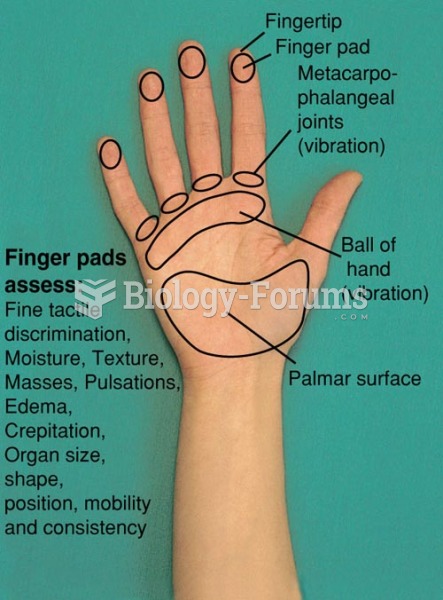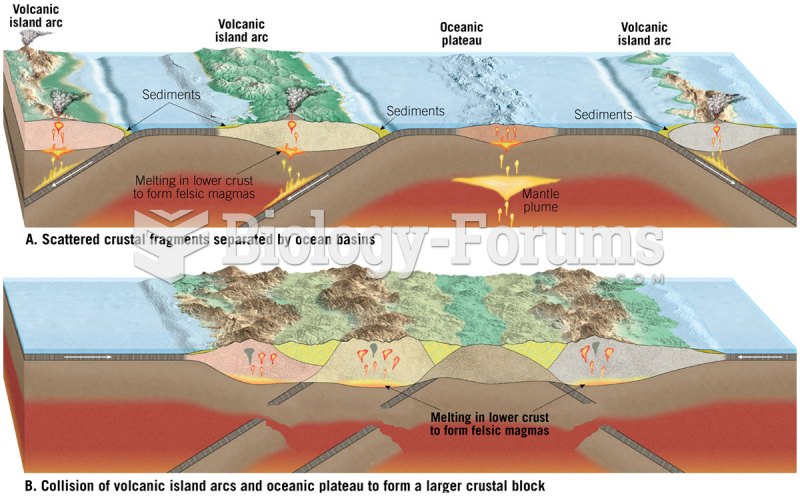|
|
|
People with high total cholesterol have about two times the risk for heart disease as people with ideal levels.
Approximately 70% of expectant mothers report experiencing some symptoms of morning sickness during the first trimester of pregnancy.
After a vasectomy, it takes about 12 ejaculations to clear out sperm that were already beyond the blocked area.
Anesthesia awareness is a potentially disturbing adverse effect wherein patients who have been paralyzed with muscle relaxants may awaken. They may be aware of their surroundings but unable to communicate or move. Neurologic monitoring equipment that helps to more closely check the patient's anesthesia stages is now available to avoid the occurrence of anesthesia awareness.
Bacteria have been found alive in a lake buried one half mile under ice in Antarctica.







